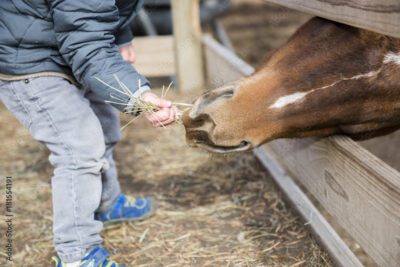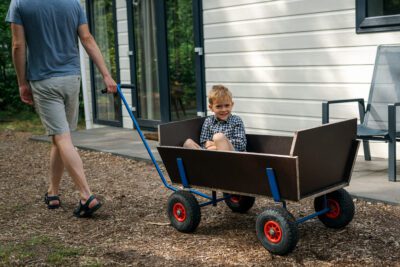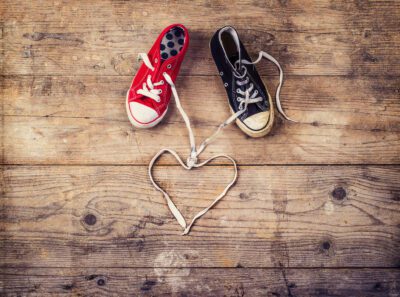By Christine Denise
Autism Mom and Contributing Writer for As You Are, a virtual clinic dramatically increasing access to early autism diagnostic services through the use of exclusively telehealth appointments
Dear friends of autism families,
If you have been friends with a family that just learned their child has autism, the friends you knew before have changed.
And you’re going to have to commit to working harder at this friendship than you have before.
Emotions are going to flow, and sometimes, we will try to hide them from you, try to create distance, or seem like we’re pushing you away.
At times, we truly will need that space.
Other times, we will need you more than ever – but don’t want to feel like we are burdening you.
We might not ever talk about our child’s diagnosis with you, and that doesn’t mean we don’t want to. We don’t know if talking about it could make you uncomfortable, so we might not bring it up. Or, we might genuinely not want to talk about it and just enjoy our time together.
We might not want to try new things, go to new places or even explore familiar surroundings as they might not work for our child with autism.
Some of the most moving things our friends have done for us have been simply accepting and understanding those concepts as well as making us feel supported when we hang out.
Some families gravitate to other families who have children with autism, leaving other friends behind in favor of the understanding others in the same situation can offer.
In our circle of friends, none of them has a child with special needs.
But the closest friends we had when our son was born 9 years ago are no longer our closest friends.
One of the biggest reasons for the distance with one couple we were once closest to was the way they tried to minimize our son’s diagnosis.
I’ll never forget the moment I confided my fears for the future of my son who has autism with my friend – particularly how much it scares me to not know just how independent he may or may not become.
Her response was, “Every parent worries about what their child is going to be like in the future. Your other children might not turn out how you planned it either.”
I looked at her completely stunned by the ignorance in that statement.
And things were never the same after that.
In hindsight, I should have told her why that is one of the worst things she ever could have said to me in that vulnerable moment.
But I couldn’t. I was so hurt. And I didn’t have the energy to explain why.
As time went on, they still asked us to do all the things we used to do. Go camping, float down rivers on inner tubes, spend weekends at a small farmhouse they have near a lake – all activities that became absolutely terrifying to us as our son loves to wander and doesn’t adapt well to sleeping in new places.
They began to judge us for not trying to continue living our lives as we always had. In their minds, we were letting our son’s diagnosis stand in the way of that – like we should just muscle through spending a day floating down a river because if we don’t, we’re just using our son’s diagnosis as an excuse not to go.
There was no effort on their part to adapt to our son’s diagnosis, and there was no effort on our part to talk to them about it.
We still see those friends on occasion, but the callousness of the statement she made about the future still haunts me.
The friends we have now are content having us at their house or vice versa – and they understand our son who has autism might get into something at their house. He might break something. He might require most of our attention sometimes instead of giving it to them.
And they’re ok with all of that, and more.
They embrace our son, even when his sensory seeking behaviors might mean he bites them or pulls their glasses off to get a closer look.
And they embrace my husband and I, listening to us when we feel like talking instead of trying to find something to say.
Or not talking about our son’s diagnosis at all, and just spending time together.
The art of listening without judging is something our closest friends have mastered.
And I think that’s why we are so close.
The best part of being around them is how they make life feel so normal, when so much about our life feels abnormal.
Like it’s no big deal when our son helps himself to their pantry, makes an exceptional mess in their home, knocks over an expensive lamp or plays in a toilet when we forget to close the bathroom door.
Like it’s acceptable to completely ignore them if our son should need us while we are with them.
Like it’s ok to pick and choose to do things that we think work for our son with special needs – even though they may think we can or should do it.
Like it’s all just part of being our friends.
And it’s worth it.
Do you have questions about your child’s development? The team at As You Are provides useful autism screening and diagnostic evaluations for kids 16 months to 10 years old via telehealth appointments.
Disclaimer: I am not a medical professional. This is a sponsored blog post, but all opinions are my own.


















